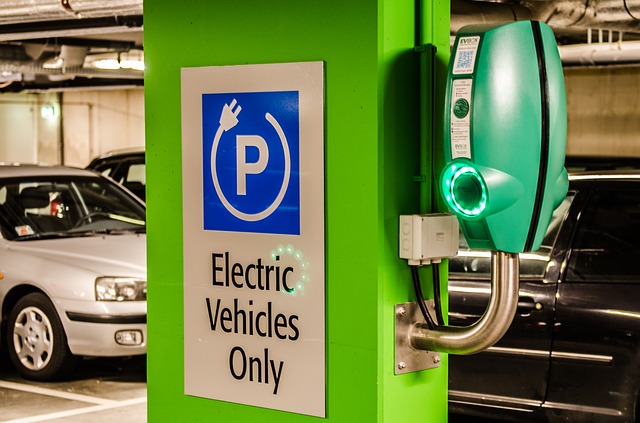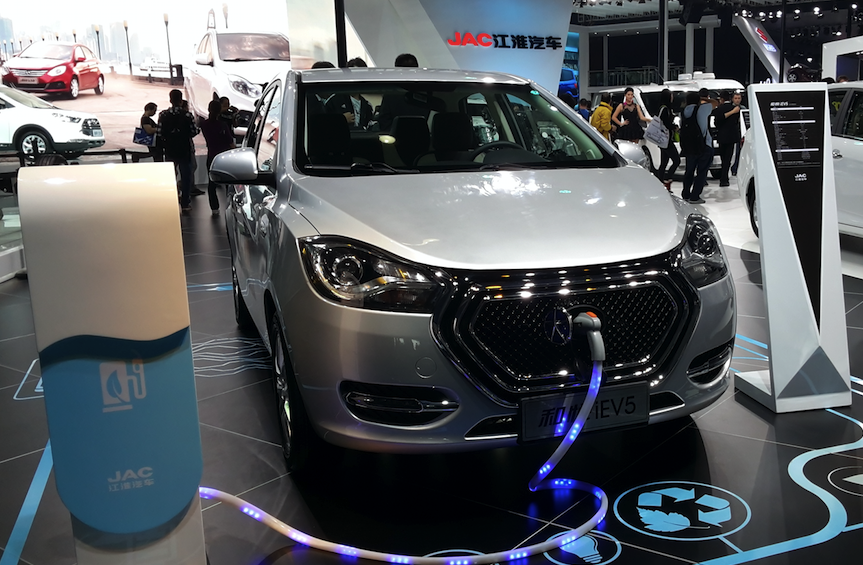
Picture Source: http://www.goevnts.com
India’s energy minister, Piyush Goyal, said recently that the country will help facilitate the electric car effort by offering subsidies for a couple of years. No doubt this is an ambitious target but is it achievable ? What electric vehicle industry stake holders must do achieve this goal ? Implementation is not as easy as said, a lot of effort needed to achieve this.
Government initiatives like Make in India, Startup India has already initiated the business outlook for business and technology innovation. In addition, India is in the eyes of world as it jumped 30 places in ease of doing business and this gives a strong sense of hope that India can make it possible.
Lets discuss this in this article.
Why there is an urge for implementation of electric vehicles in India?
 India is one of the world’s most polluted countries and has set the “ambitious” target to stop selling gas-powered vehicles in an attempt to clean up its air. As the country’s economy has boomed, new industries and commuters have spewed pollutants in the air at staggering rates. India’s air contributes to 1.2 million deaths per year. Doctors have said breathing the air in New Delhi is like smoking 10 cigarettes a day as per CNN in a news article. In addition the fuel based vehicles are rise for last few decades increased pollution and also road congestion issues. These issues are forcing India to move towards electric vehicles.
India is one of the world’s most polluted countries and has set the “ambitious” target to stop selling gas-powered vehicles in an attempt to clean up its air. As the country’s economy has boomed, new industries and commuters have spewed pollutants in the air at staggering rates. India’s air contributes to 1.2 million deaths per year. Doctors have said breathing the air in New Delhi is like smoking 10 cigarettes a day as per CNN in a news article. In addition the fuel based vehicles are rise for last few decades increased pollution and also road congestion issues. These issues are forcing India to move towards electric vehicles.
Who are the stake holders who can contribute to this pledge ?
Mainly there are three stake holders in this industry who can make this dream of “only electric vehicles by 2030 ” come true. They are “Government” , “Industry” and last but not the least ” the end user “.
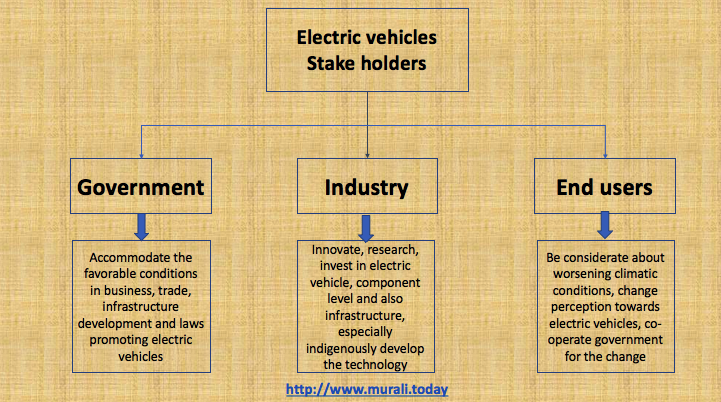
Government can implement the below ways to help this industry
- Provide incentives for ease of doing business in the field of electric vehicles irrespective of being an OEM or a component manufacturer.
- Start the ban on fuel based vehicles in the centre of city region and other selected regions where the hospitals and education institutions are there.
- Develop a road infrastructure where there is a special lane for electric bikes and other personal transportation like balance vehicles, e-skate boards can be used safely without interfering the road transport.
- Government must “the first” to purchase different electric vehicles like electric bikes, electric cars and electric buses from the related companies and give a initial boost to the companies who investment a lot of money in this kind of innovation. It should lead people by example by being the first buyer. There are many ways government can use these electric vehicles, some are as follows
- Using for government office usage ( like ambassador cars used to be once the government vehicles )
- Build a government owned taxi fleet and use electric buses as public transportation , for example Chinese government promotes electric cars and buses by use them for taxi fleets and public transportation.
- Provide favourable laws for both import and exporting, for an industry to be successful, one should be able to import some components where India may not have know how of manufacturing. In order to control the imports and develop the indigenous capabilities government can keep a cap on the value of imports yearly. For example, India is still not good at manufacturing lithium batteries, but has a high level control over imports by levying heavy import taxes. This impacts negatively to the industry as there will be demand but supply is limited as we can’t import easily.
- Develop a scope of charging infrastructure by working with the fuel stations and giving incentives to fuel companies for accepting this kind of infrastructure.
- Develop the exhibition and convention centres in various cities to enable the B2B and B2C interactions between the OEMs, component level manufacturers, service providers, end users and promote trade.
Industry should think of below ways to work in electric vehicles
- Don’t shy away from innovating and investing in electric vehicle field by just seeing the existing market scope.
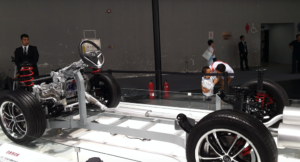
- Companies should work on indigenously develop the know-how, know-why and reduce the dependency on imports which will help them to be self sufficient in after-sales service and spare parts availability.
- Industry players should unite together instead of competing each other which will help them to be together when the market trend is against which will make them stronger and keep the industry in hard economy times.
- Large players must hire startups for module wise developments in their products which will help them to concentrate on the their key deliverables and give startups an opportunity to grow and get expertise in this industry.
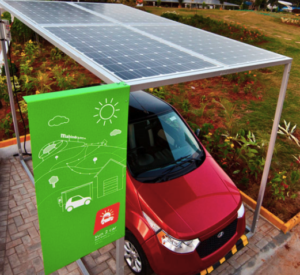
- Work on integrated technology approach where the products use solar and wind power charging of electric vehicles in domestic and corporates like solar parking stations.
- Develop the various kinds of charging stations which suits different sect of customers and work with government to setup the charging points which help the end user to consider electric vehicle as a end-end transportation instead worrying about the range per charge.
If you think if you can add more points to my article, please email me to [email protected] or comment below.
Follow me on Twitter
Ref: Money Control, CNN
